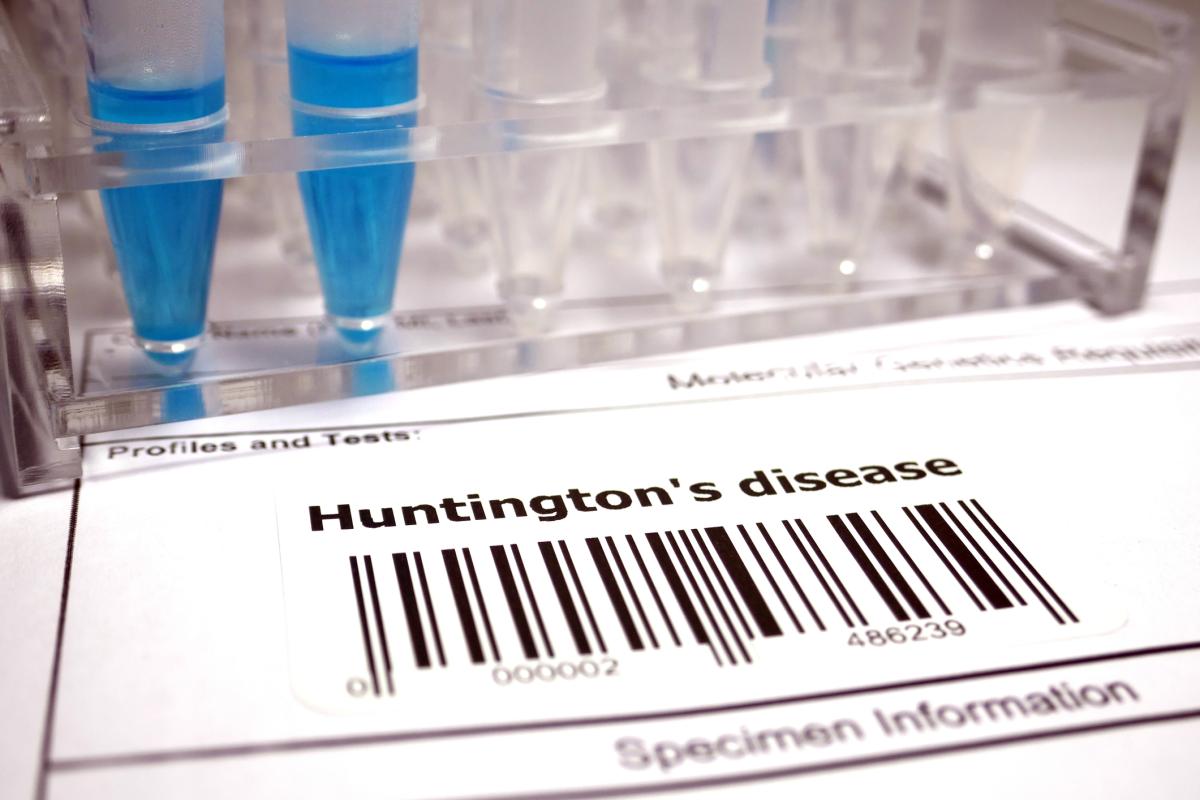Hope for Huntington’s disease patients


For years, many people with Huntington’s disease have been told there is no help for them. Huntington’s disease is a difficult and complex disease to live with. An inherited disease that causes the progressive breakdown of nerve cells in the brain, the disease leads to involuntary movements, psychiatric and cognitive issues. While the Huntington’s disease is not very common, for those who have it, it can cause much distress and quality of life issues.
Nebraska Medicine in 2015 opened the only Huntington’s Disease Clinic in the area that focuses on management of patient’s symptoms. Because the condition is so rare, it is often mismanaged and even many neurologists may not know how to best treat the disease. The condition is one of several movement disorders treated at our Movement Disorders Clinic, the most comprehensive, multi-disciplinary program in the region.
Movement disorders tend to be very disabling and can produce limitations and social isolation in many individuals. However, with the proper treatment, we can control many of the symptoms and many people can live a more normal life.
Unlike Parkinson’s disease, Huntington’s disease causes extra involuntary movements rather than loss of movement common with Parkinson’s. It can also cause an impairment in voluntary movements such as muscle rigidity, slow or abnormal eye movements, impaired gait or balance and difficulty with speech or swallowing.
Because there is no cure for the disease, treatment focuses on controlling symptoms through a multi-disciplinary approach. There is a lot we can do to increase their quality of life. Depending on the person’s symptoms, we may recommend they see a psychiatrist or neuropsychologist for issues like anxiety, depression, psychosis, obsessive compulsive disorders and cognitive problems, a neurologist for movement issues and speech, and physical and occupational therapists to help them manage movement problems.
Individuals with a parent who has the disease stand a 50 percent risk for developing Huntington’s Disease. Occasionally, some people develop the mutation even if they do not have a parent with the disease. Predictive genetic testing is available to determine if you are a carrier of the gene.
I like my patients to know that there is hope for this disease. A lot of research is being done that is providing us with more therapies to manage the symptoms and there are also several new therapies in development that offer hope for possibly slowing the progression of the disease. We’ve made many advancements in the treatment of this disorder over the last 10 years and I think we will continue to see more in the future.
To make a referral with Dr. Hellman or other members of the Movement Disorders Clinic, call 800.922.0000.




